In the recently launched book, Directors’ Diaries — The Road To Their First Film, Rakesh Anand Bakshi talks to 12 iconic filmmakers about their early days and first films
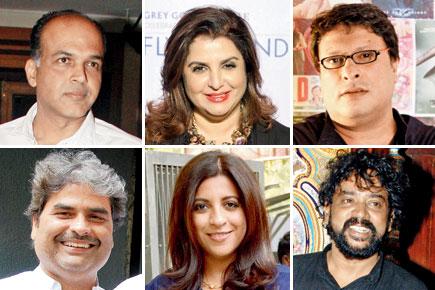
Ashutosh Gowariker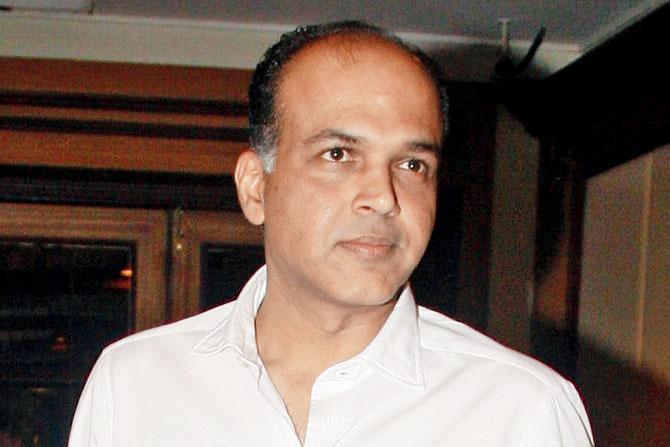
What was your biggest lesson from your first two films not doing well?
At first, I thought the audience did not get it. I was delusional that I had made something beyond their understanding and that is why they did not get it. Soon I realized, it was me who did not get it! (Laughs). My storytellin,the narrative was not correct. In retrospect, I cherish my experience of making those two movies, because it is those very experiences that helped me make my subsequent. If I had not made those two movies, I would not have made Lagaan, which thankfully was appreciated by one and all. (Pauses) Sometimes I think, had those two films been hits, my journey would have been quite different.
Santosh Sivan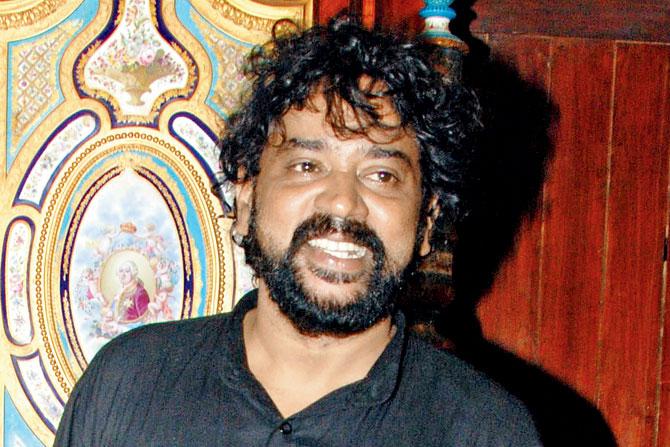
When do you think you noticed that light falls differently at different times and locations?
As a child, I would play hockey and Kerala is a place where the rains are unpredictable. As the youngest amongst the players, it was my job to stand on the highest terrace and keep a lookout for rain. (Laughs) Therefore, every day, for many months after school, while my friends played hockey, I was on a terrace looking at the sky. (Laughs) And I had to warn my friends if I thought it was going to rain. In those afternoons of watching the sky, I think I learnt to observe how the light changed if it was going to rain, or if it was going to be misty or foggy; so that’s where I learnt about light.
ADVERTISEMENT
Zoya Akhtar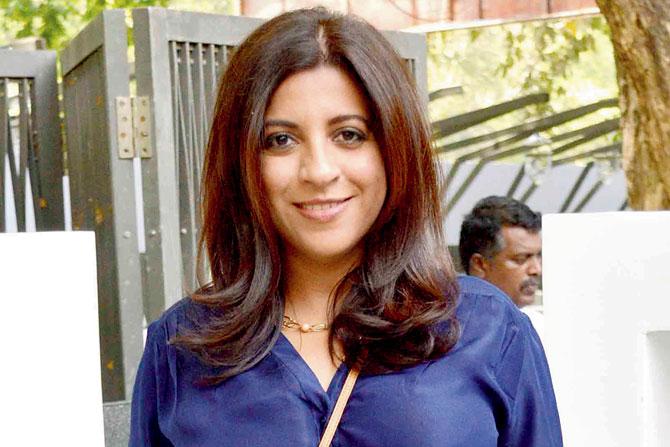
How did you get your first job as an assistant director with Mira Nair?
I got a call from Uma Da Cunha, the casting director, to ask if I would audition for Kama Sutra (1997), and I told her I was not an actor but an assistant director. Uma said that Mira would like to audition me anyway. I did a screen test, which was awful and I told her I was not an actor but I wanted to work with her. She started laughing and said that I could get the assistant’s job but when she needed me as a background artist I would have to do it. I agreed. That’s how I got my first job in films. (Smiles)
Govind Nihalani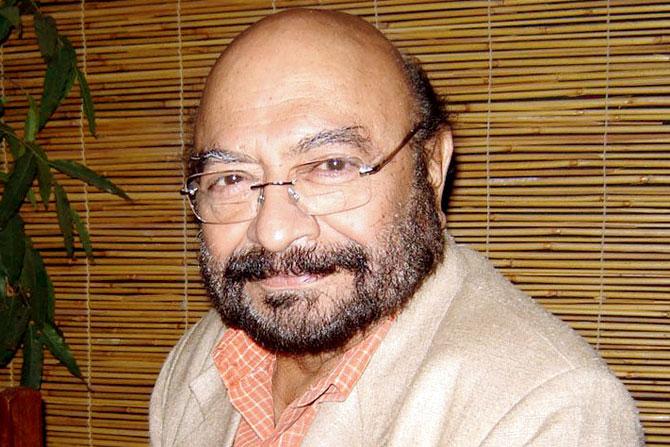
You began your career as a cinematographer, when did you buy your first still camera?
I bought an Agfa camera when I was a teenager living in Udaipur. I had won Rs30 when I wrote a story about a possible UFO sighting. I asked my aunt for the R220 I needed to buy the camera, and then travelled to Mumbai during my holidays and purchased one. It was a rainy day, and the first photographs I took were of gigantic waves hitting Marine drive. Incidentally, many of the photos I took that first day were overexposed! (Laughs) However, I managed to get some good portraits of random people on the streets.
Tigmanshu Dhulia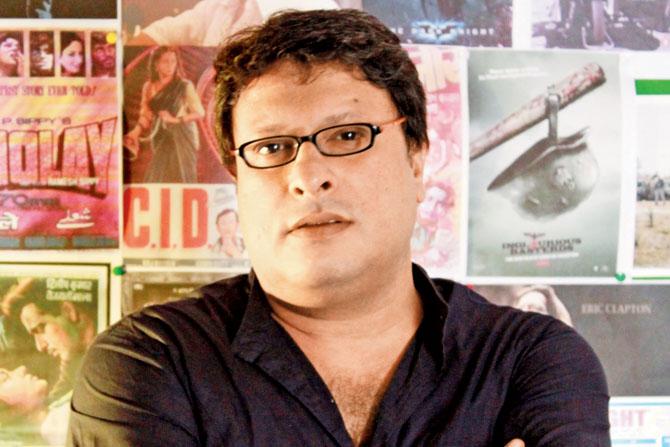
Did its environment encourage you to join the National School Of Drama?
Yes! However, before I signed up for the three-year course, my family encouraged me to visit the campus, to see closely what my life would be for the next three years. Irrfan Khan and Mita Vashisht were acting in the first play I saw there and I liked it. It was during that play I realized the magic of theatre. The way they had executed the lighting, the set design, art direction, fascinated me. Moreover, on campus I saw boys and girls mingling freely, holding hands. (Laughs) I saw women smoking cigarettes; students hanging out till 10 pm on campus, discussing things that interested me: the arts, acting methods, direction. There were painters on campus, I was so impressed by the liberal atmosphere. I felt if this was how each day was going to spent here, life couldn’t get better. (Laughs) I joined NSD to be an actor, but over the next two years I felt I was a bad actor, so I opted to specialise in direction.
Farah Khan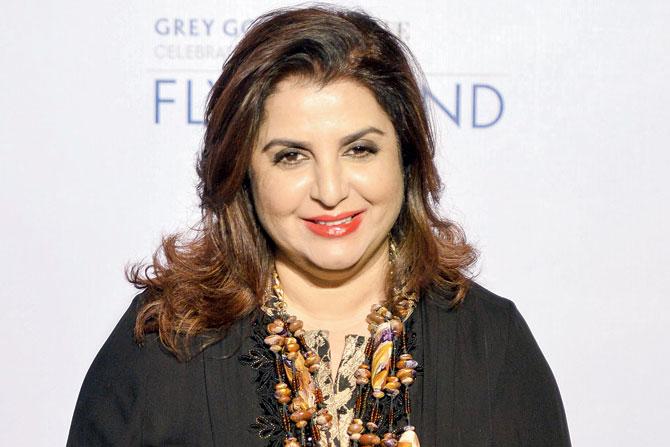
What is the craziest thing you did to watch a film?
I wanted to see Dial M for murder (1954) at Chandan cinema; it was for adults and I was fifteen! I remember wearing my mother’s bra and stuffing socks in it to seem grown-up! (Laughs) There was no sex in the film, so I wondered why it was for adults! (Laughs)
Vishal Bhardwaj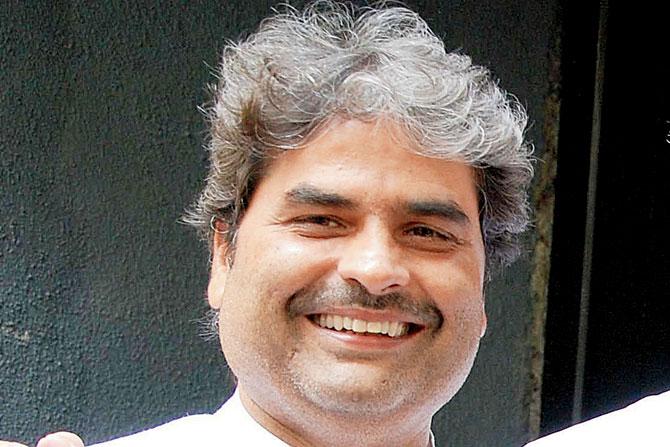
What about living in Meerut or UP has influenced you as a filmmaker?
In small towns, even the paanwala, the mithaiwala, are characters that leave a lasting impression on you by their nuanced habits, colloquial language, etc. I have observed keenly that in north India, people speak as though they are characters performing in a theatre, or reciting a dialogue from a play or a movie. They love to flaunt colloquial words and phrases to such an extent that even their day-to-day normal conversation is punctuated with some amazing dialogue-baazi and old proverbs and what not. In hindsight, another great thing that happened was that near my home there was a little slum and the slum kids were my friends. From them unknowingly, I learnt so much about their daily existence, their needs and their dreams. One of my childhood friends is a rickshaw puller. I must have been in the ninth standard, and yet I noticed there was discrimination against him.
 Subscribe today by clicking the link and stay updated with the latest news!" Click here!
Subscribe today by clicking the link and stay updated with the latest news!" Click here!







